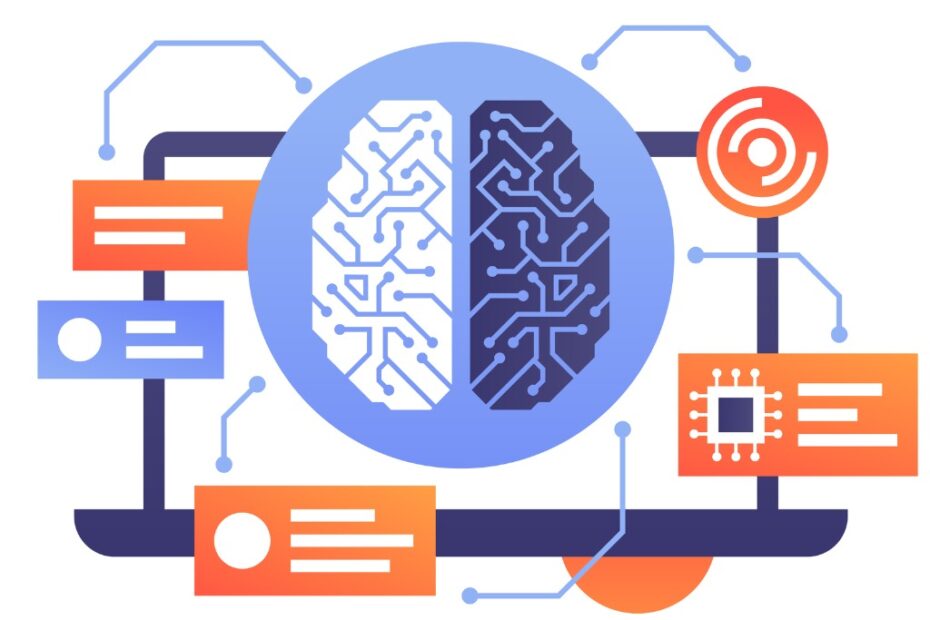Today we take a deep dive into understanding what is machine learning and how is it shaping the future. Machine learning (ML) is at the core of today’s most transformative innovations in technology. From personalized recommendations on streaming platforms to fraud detection in banking, machine learning is quietly powering the digital experiences we often take for granted.
What is Machine Learning and How Does It Work?
In simple terms, when asked what is machine learning, it refers to a subset of artificial intelligence (AI) where computers are trained to learn from data and improve over time without being explicitly programmed. This learning process mimics the way humans learn by analyzing past data to predict future outcomes.
The core components of a machine learning model include:
- Decision Process: Using data to make predictions or classifications.
- Error Function: Measuring how accurate predictions are.
- Optimization Process: Improving predictions by adjusting the model parameters.
Types of Machine Learning Techniques
When exploring what is machine learning, it’s essential to understand the main types:
Unsupervised Learning
Here, algorithms learn from unlabeled data, finding hidden patterns or groupings. Techniques like clustering and dimensionality reduction fall under this category.
Semi-Supervised Learning
This method combines small amounts of labeled data with large amounts of unlabeled data to improve learning accuracy.
Reinforcement Learning
In this type, algorithms learn by interacting with their environment and using feedback (rewards or penalties) to improve future performance. It’s commonly used in robotics and game AI.
Real-World Applications of Machine Learning
Understanding what is machine learning also involves seeing its practical impact. Industries across the board are using machine learning to innovate and streamline operations:
- Healthcare: Analyzing patient data for disease prediction and diagnosis.
- Retail: Recommending products based on user behavior.
- Finance: Detecting fraudulent transactions and managing risks.
- Transportation: Enabling self-driving cars with object recognition and navigation.
- Marketing: Optimizing ad targeting and customer segmentation.
Benefits of Machine Learning
The power of machine learning lies in its ability to process and analyze massive datasets far more efficiently than humans. The benefits include:
- Increased efficiency and automation
- Improved accuracy in decision-making
- Enhanced personalization for users
- Reduced human error in data processing
Challenges of Machine Learning
Despite its potential, machine learning would be incomplete without addressing its limitations. These include:
- Data Dependency: ML models require large, high-quality datasets.
- Bias and Ethics: Models can inherit biases present in training data.
- Interpretability: Understanding how complex models make decisions can be difficult.
- Resource Intensity: Training sophisticated models demands significant computational power.
Choosing the Right Tools and Platforms
If you’re asking what is machine learning in the context of implementation, choosing the right tools is critical. Python, R, and various AI platforms like TensorFlow or IBM Watson provide the building blocks for machine learning models. These tools offer MLOps capabilities, automated development environments, and support for generative AI features.
The Difference Between Machine Learning, Deep Learning, and Neural Networks
Understanding what is machine learning also requires distinguishing it from related fields:
- Deep Learning: A subset of machine learning using neural networks with many layers (hence “deep”).
- Neural Networks: Modeled after the human brain, these consist of interconnected nodes for processing data.
Deep learning automates much of the feature selection process, making it ideal for tasks like image recognition and natural language processing.
Final Thoughts
As industries continue to evolve, the question of what is machine learning becomes more relevant than ever. It’s not just about automation; it’s about creating intelligent systems that learn, adapt, and innovate. With careful implementation, machine learning can unlock tremendous value across sectors while also raising important ethical and practical questions that must be addressed thoughtfully.
Whether you’re a tech enthusiast, a business leader, or a curious learner, understanding what is machine learning is the first step toward navigating a data-driven future.
For more scoop on tech, data, and the digital future, don’t forget to check out Geekyfest—your fresh take on what’s next in innovation.


